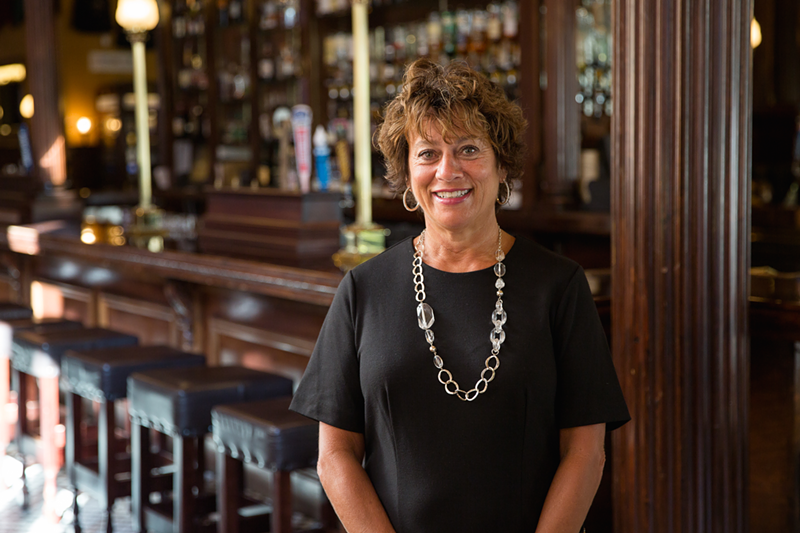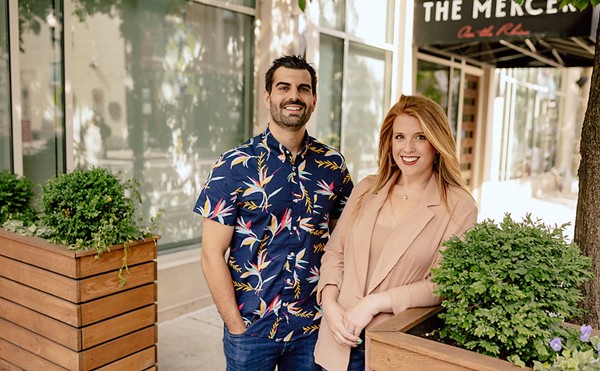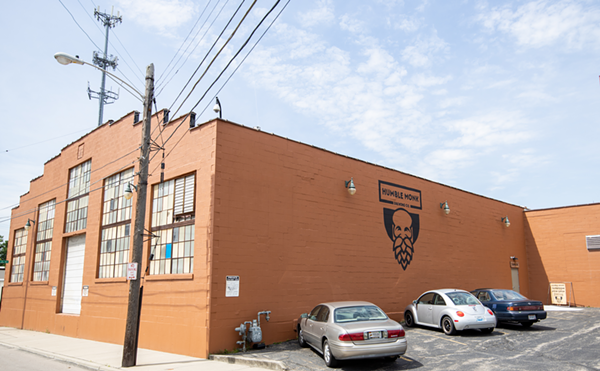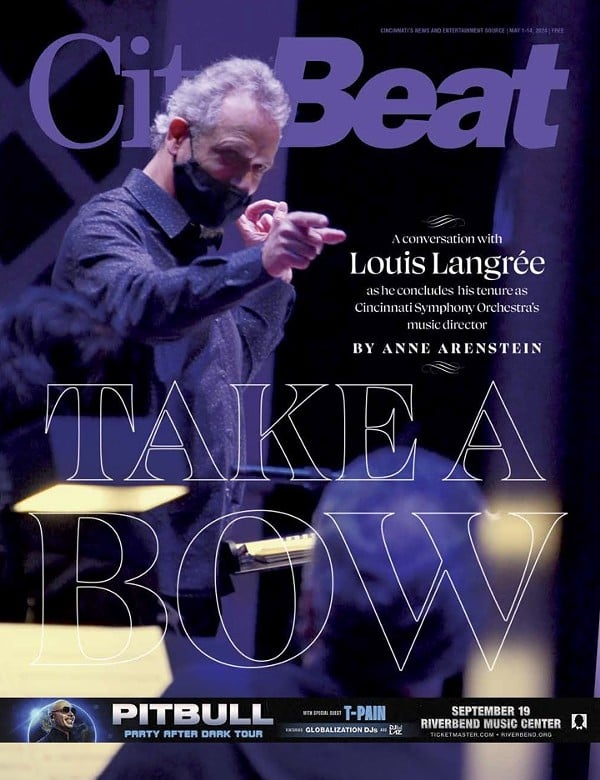
For more than 160 years, the YWCA has extended global efforts to provide domestic violence and safety services, as well as career and occupational training to women in need. In 2016 alone, 330 adults in the Greater Cincinnati area engaged in education and job readiness programs, according to the YWCA’s annual report.
One of their newest programs targets a dilemma affecting two specific pockets of the community — the restaurant industry and their need for workers, and undereducated or underemployed citizens looking for work in the area. A possible solution exists in a program called First Course, the YWCA’s community education endeavor and Cincinnati’s first all-inclusive job readiness training program that equips its students with front-of-house service skills in just six weeks.
According to First Course, the Bureau of Labor Statistic’s Occupational Outlook Handbook suggests front-of-the-house positions are expected to grow until at least 2024. And the Southwest Ohio Workforce Investment Board says two out of 10 of the fastest-growing jobs in Cincinnati are in the restaurant industry.
First Course is a grant-funded program that allows students to take this course at little to no cost to them. It launched two years ago and has since produced four classes of graduates.
To be eligible for grant money and become accredited as a true training program, it had to use a credentialed curriculum. First Course teaches their students front-of-house skills based off the same curricula used by the Federation of Dining Room Professionals, which has also been adopted by top notch culinary institutes like Johnson & Wales University and Kendall College.
The first three weeks of the course are dedicated to technical training, covering full banquet service, tableside manner, and beer and wine knowledge. The last three are reserved for job readiness, which encompasses résumé workshops, mock interviews and job shadowing. As part of the technical training, all students have to complete a four-hour, one-time job shadow with one of the program’s several restaurant partners.
Though there are many programs that specialize in skilled trade education, most require a minimum of a high school GED, which, ironically, hinders those without a degree from gaining access to the education they need to get a job. For that reason, these programs are still problematic when it comes to solving the unemployment issue.
First Course, on the other hand, looks at everyone. “No one can be locked out,” says Matt Long, Workforce Development program coordinator at the YWCA. And it’s not just limited to women, though it is almost entirely supported by one of the longest-running women’s educational and occupational betterment programs. A handful of men have graduated from the course as well.
First Course provides “opportunities to the individuals who haven’t been given them in the past,” Long says. In an effort to break down barriers that could keep them from coming to class, the YWCA helps their students with parking and gas and provides bus passes for those without vehicles. They also feed them at each class and suit them up with professional work attire for the first few days at their new job.
Because of a criminal record or a lack of education or resources, some are stuck in a vicious cycle that they struggle to wrench themselves from. “Several people in our program have records,” says Kathleen MacQueeney, the sole instructor of First Course. “We know the (employers) who don’t do background checks and where we can and can’t send some of our students.”
MacQueeney was recruited to instruct this training because of her decades’ worth of experience in the hospitality industry. She works as a hospitality instructor at Cincinnati State and conducts the bulk of the training for First Course with the help of some local professionals specializing in beer and wine.
Previously, students have come from all walks of life; some had their master’s degrees, others didn’t have their GED; some were living in domestic violence shelters, others were homeless.
Of the 80 percent that graduate First Course, over 75 percent of them gain or advance employment. “It’s been through a collaboration that this has happened,” Long says. And not just a collaboration between student and instructor, but also between the nine partner restaurants who have donated their time and resources to perpetuate the program, including Nicholson’s, Kaze, Senate and Sleepy Bee.
Duke Energy Convention Center was also quick to offer their space and resources. “We needed linens, glasses, silverware, plates, everything. Our first three sessions were on them — gratis,” MacQueeney says.
Joseph Simpson joined First Course while earning his GED at Santa Maria Community Services. He was actively job searching at the time and decided to try his hand at foodservice. Six weeks later he walked into a job as a runner at Jack Casino having graduated from the program and becoming certified.
“It gave me a lot of motivation to keep going throughout my life. I want to go to college. I want to do something big,” Simpson says. “If I try hard enough, I can do anything.”
First Course plans to keep up their efforts, offering intensive, cost-effective front-of-house education to the community.
They’re preparing to run their fifth class this October. As far as future plans go, however, MacQueeney’s hopes are high. “I’m dreaming big,” she says with a grin.
For more info on First Course, visit the career training tab at ywcacincinnati.org.





